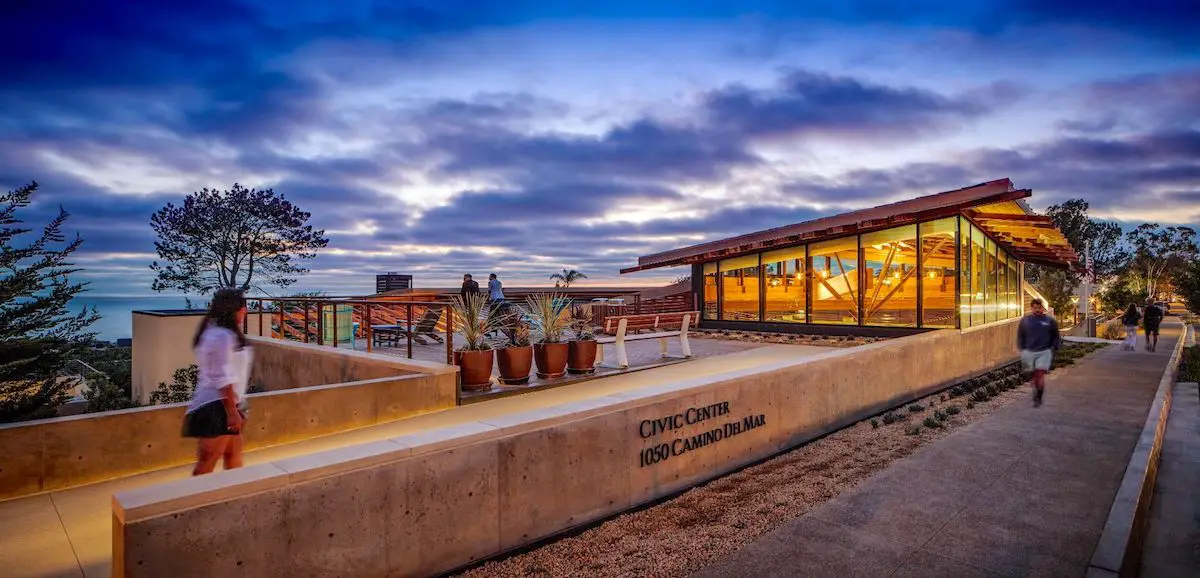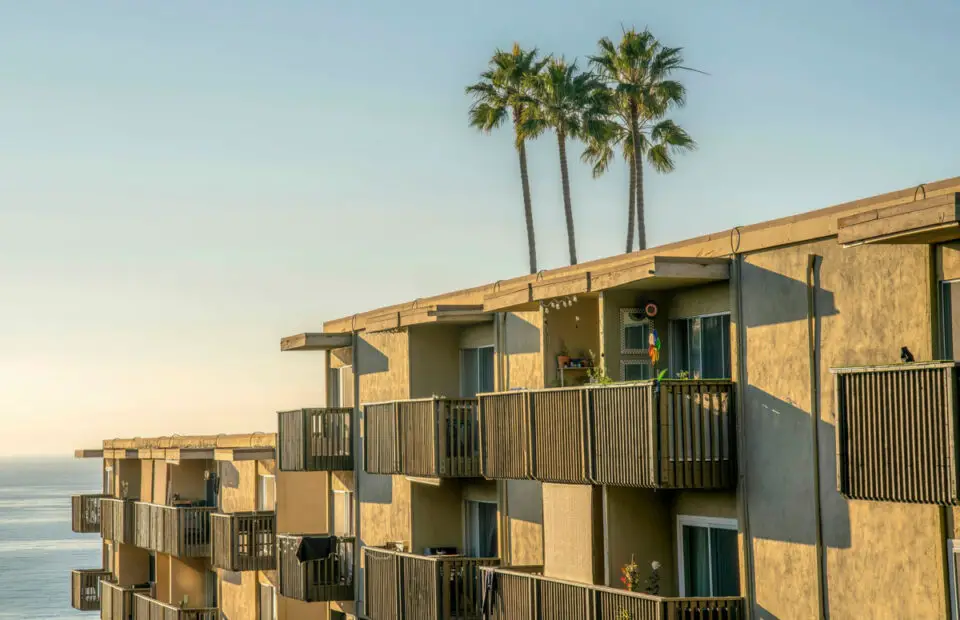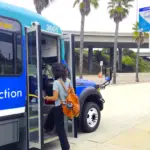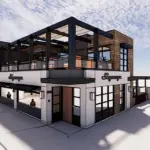DEL MAR — Frustrated leaders in Del Mar continue to seek a path forward to revise the city’s allocation of required housing units, which SANDAG incorrectly calculated using job data that included seasonal and part-time Fairgrounds workers.
The small coastal city has been involved in a multi-year battle with SANDAG over the 6th cycle Regional Housing Needs Allocation process completed a few years ago, which designated 163 units for the city to construct by 2029.
City leaders said they have long suspected the city’s allocation to be overinflated but struggled to receive clarification on how job data was analyzed to calculate these numbers. After years of back-and-forth with SANDAG and the state Employment Development Department, the city learned last year that nearly half of the 4,484 jobs included in the calculation were for part-time or seasonal employees of the Del Mar Fairgrounds.
“This allowed for part-time and seasonal employment at the Fairgrounds related to one-time music entertainment events, short-term events, the county fair and horse racing season to be counted the same as full-time, year-round jobs,” Councilmember Tracy Martinez said on May 20.

Council members noted that Del Mar is unique in its high number of seasonal workers due to the existence of the Fairgrounds, over which the city has no jurisdiction. If these jobs were excluded from the RHNA calculation, the city could be facing half the number of required units they are already working hard to implement in its current Housing Element, officials said.
Martinez said the city has sought the support of SANDAG and state officials to find a remedy since November, but both have said changing their RHNA amount mid-cycle would be infeasible.
While cities had the opportunity to appeal their RHNA amounts directly following SANDAG’s allocation in 2019, Del Mar lacked the job data at the time to do so. In addition, the cities of Coronado, Solana Beach, Lemon Grove and Imperial Beach were all unsuccessful in their own appeals for their allocations.
Del Mar leaders are also considering pursuing legal avenues to lower their allocation. However, Attorney Pam K. Lee of Aleshire & Wynder, who represented Del Mar and other cities in their SB 9 lawsuit, has advised against this.
In a May 14 memo to the City Council, Lee explained that Del Mar’s job calculation is consistent with the rest of the state’s RHNA process and that requesting to exclude seasonal and part-time jobs for this cycle would probably not fly in the courts.
“Based on the novel approach and how other jurisdictions utilized local job data, it is highly unlikely a court would agree with how the city would want to re-apply its job data to the current housing element,” Lee said.
Despite a clear path forward, Martinez and other council members said at their May 20 meeting that they did not want the city to roll over and were open to receiving other legal opinions.
“It just defies logic that we would stop here now that we’ve gotten the data,” said Councilmember Terry Gaasterland.
According to City Attorney Leslie Devaney, the City Council discussed initiating litigation related to RHNA during its June 3 closed session, but no action was taken.

Council members also noted other issues in the data, including 100 employees from a long-inactive business and jobs from companies registered to residential addresses. They also expressed concern that not all the counted jobs were individuals’ primary source of income, as required.
Councilmember Dwight Worden and Mayor Dave Druker also supported looking into further options but were not optimistic about seeing any changes to the city’s required housing allocation from the Department of Housing and Community Development (HCD), which oversees the Housing Element.
“The bottom line is, SANDAG can’t change the numbers, HCD has nothing to do with the numbers, and ultimately, what we’d love to see is a change in terms of our allocation, and I think SANDAG and HCD are going to say their hands are tied,” Druker said.
Several community members supported continuing to fight the allocation, saying the city had been “vindicated.”
“What SANDAG has done to Del Mar is a travesty. If we don’t do anything about this, it’s an even greater travesty,” said resident Gregory Rothman.
SANDAG did not respond to a request for comment by deadline. However, city officials said the agency has been in close contact and that despite being unable to change its current housing allocation, SANDAG has committed to sharing job data with cities much earlier to better address issues.
Del Mar is also not alone in its pleas for an adjusted 6th cycle RHNA allocation. Back in March, representatives from Del Mar and several local cities on the SANDAG Board of Directors told HCD officials that their unit obligations were unachievable.
“We really need some change in the 6th cycle because the goals are completely unrealistic and there is now punishment for all of us if we don’t meet them. The serious implications for all of our communities is [sic] dire,” said Solana Beach Mayor Lesa Heebner at the SANDAG board’s March 22 meeting.
State housing officials say they have heard cities’ feedback and recognize the need for an improved RHNA process but are largely focused on the next cycle.
In April, HCD shared a list of recommended changes to the RHNA process to go into place before the 7th Cycle RHNA process, including greater data sharing between regional agencies and cities regarding methodology, simplifying the RHNA determination process, and creating a better jobs-housing balance.




